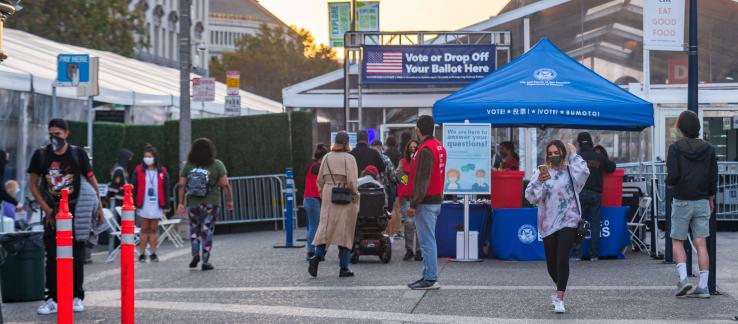
Governance
We believe: The public sector can and should serve the collective good.

• Improve government’s capacity to provide services and address challenges effectively.
• Support voter engagement.



The SPUR Voter Guide helps voters understand the issues they will face in the voting booth. We focus on outcomes, not ideology, providing objective analysis on which measures will deliver real solutions.

The SPUR Voter Guide helps voters understand the issues they will face in the voting booth. We focus on outcomes, not ideology, providing objective analysis on which measures will deliver real solutions.

